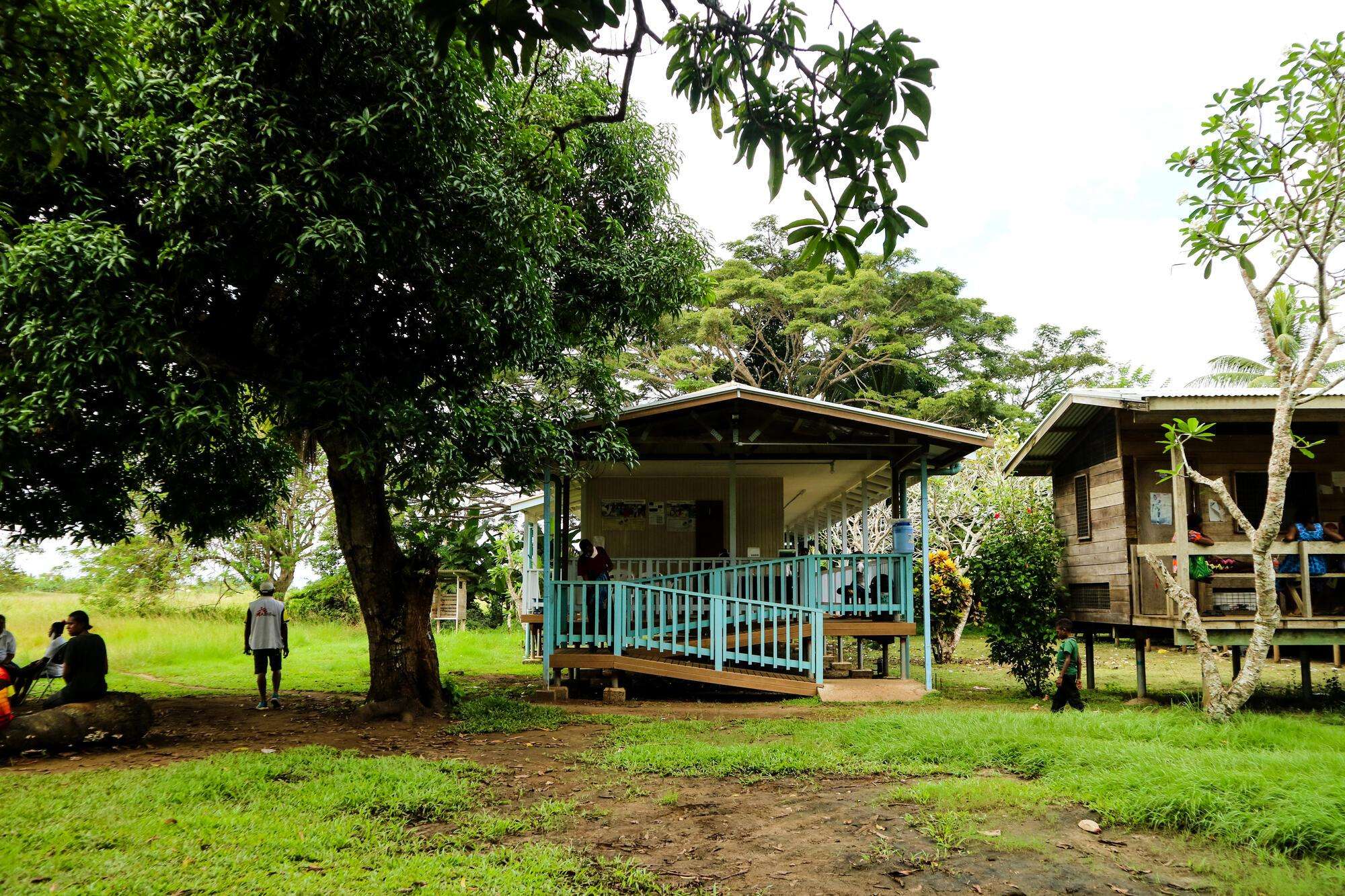Until now Papua New Guinea (PNG) had been largely spared the effects of the global COVID-19 pandemic. But since the beginning of March, confirmed COVID-19 cases have tripled in the Pacific nation and increasing numbers of health care staff are testing positive, forcing them into home quarantine. The country’s health system is now at risk of collapsing as facilities managing COVID-19 cases are close to capacity and struggling to provide regular primary health care.
Here, Doctors Without Borders/Médecins Sans Frontières (MSF) interim head of mission Ghulam Nabi describes the difficult situation PNG is currently facing.
What is the current situation in Port Moresby, PNG’s capital and largest city?
The health facilities are struggling to cope with the outbreak. There are significant constraints because a substantial number of health care staff have recently tested positive for COVID-19. They have to isolate and can’t go to work. Various health care services have been restricted and the remaining staff are concerned, as they expect a major disruption to health care services.
Rita Flynn hospital is one of the two major hospitals in Port Moresby and we have seen that patients visiting the facility are tested, sometimes after hours waiting in the queue. Almost 40 percent of people getting tested at Rita Flynn are testing positive for COVID-19. We expect more and more severe cases in the coming days and weeks with limited capacity for testing and isolation of patients showing severe symptoms.
In general, the public health messages need to be reinforced. The understanding of the current threat among the people needs to be improved. The government has imposed mask wearing, but most people are not following the guidelines. There are some rumors and general disbelief about the pandemic. People are only scared when they receive a positive test result. This also leads to stigmatization by their families and communities.
What is needed to improve the situation?
One of the bottlenecks is testing capacity. There are almost no [test] cartridges left, which are required to test PCR samples [the gold standard for COVID-19 testing], and there aren’t enough health care workers to carry out the testing. Additional personal protective equipment, testing capacity, and human resources need to be considered fast to provide assistance to the already strained health care system. MSF is calling on organizations in the region to act quickly and mobilize to increase their support to PNG.
The current COVID-19 outbreak highlights the urgent need for global vaccine equity. Vaccinations need to be made available quickly for frontline health care staff and high-risk groups, as recommended by the WHO [World Health Organization]. While it’s too late to contain the current outbreak, we need vaccinations as fast as possible in PNG to mitigate the impact of the outbreak on the health care system and prevent, or at least limit, further outbreaks.
How is MSF responding to the COVID-19 outbreak in PNG?
Our own response capacity is limited. We tested all our staff members working in our regular tuberculosis projects over the last few days, and almost one-third of our locally hired staff members tested positive. They are now in home quarantine and we are monitoring their health.
In October last year, we started supporting the Rita Flynn hospital in Port Moresby with one lab technician and cartridges to analyze samples of PCR tests for COVID-19 infections. We only have enough testing cartridges left to see us through for two weeks, so we are looking to source cartridges internationally. We are also preparing to partner with Rita Flynn hospital to manage a makeshift 43-bed COVID-19 treatment facility where we will treat moderately and severely ill patients for COVID-19 from early April.




